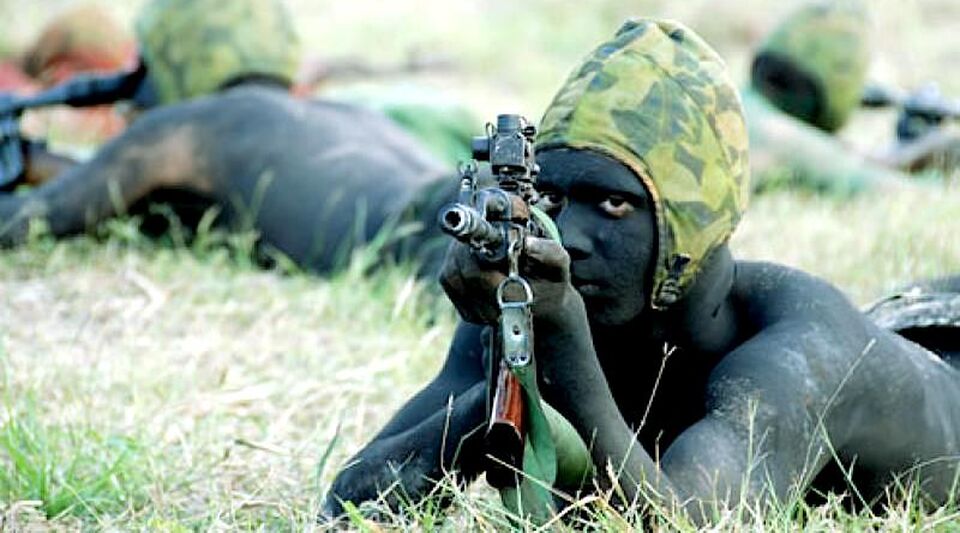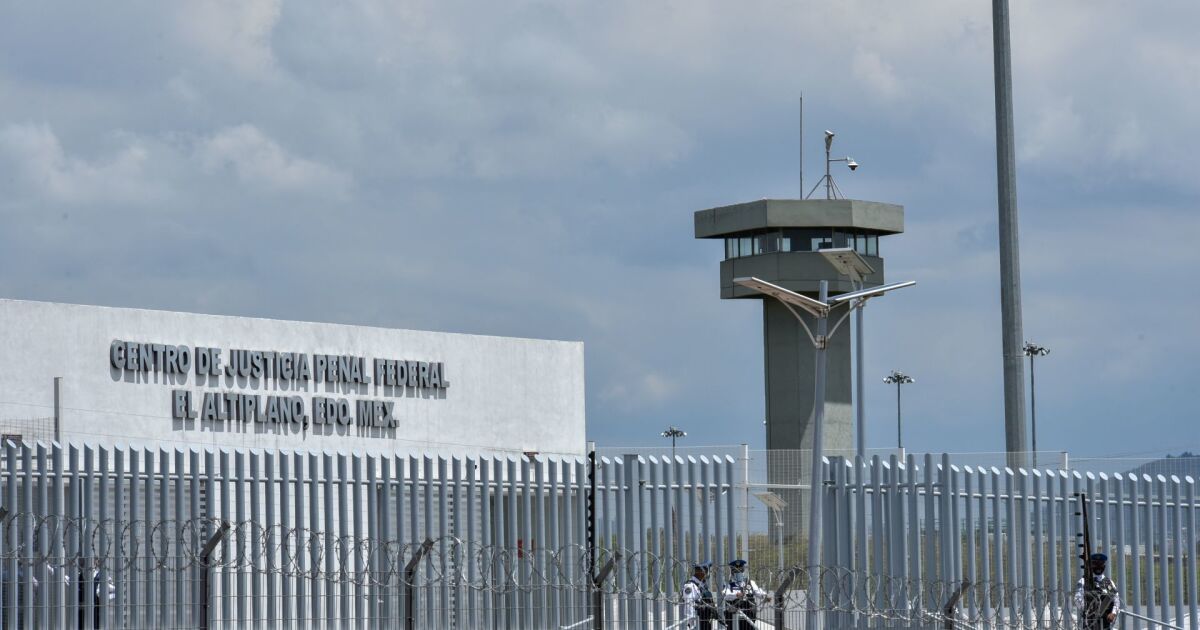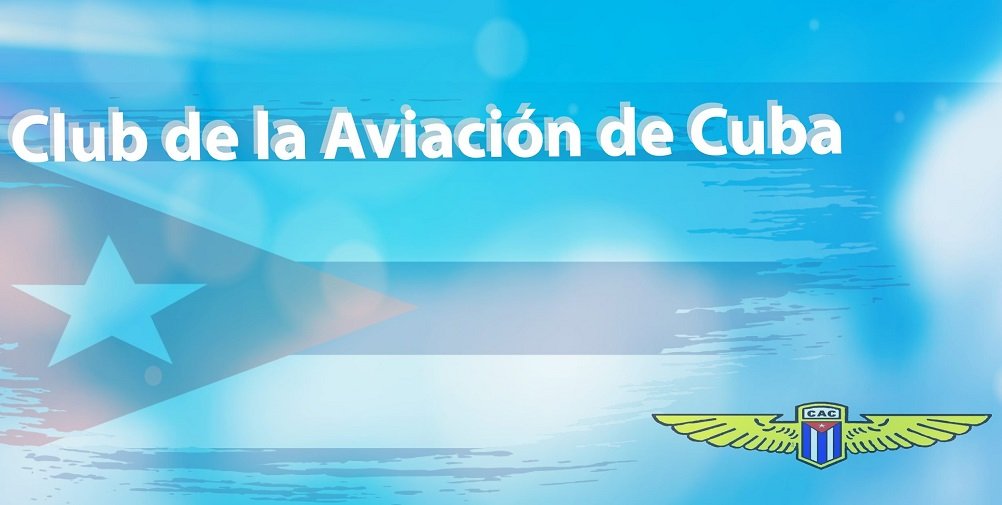I like old weapons, the rifles that rest quietly on the wall, the saber that has not lost its edge. I have a squad of tin soldiers – hussars, cuirassiers, sappers and officers of the Napoleonic imperial guard – spread out between my desk and the library. For some remote and tribal reason I enjoy the uniforms, the military ranks and the war marches. And, as I am a bad son of this prudish and distracted age, I do not feel self-conscious about appreciating a good revolver.
There have been no regiments more elegant than those of Imperial France, so formidable that thousands of fans still gather each year at Waterloo or Austerlitz to re-enact the Emperor’s battles. The famous British navy, with its blue coats, in the powerful ships that attacked Havana in 1762 also had to be a spectacle.
I would add – and for this the inquisitors will shoot me – that the German Wehrmacht, that cruel and perfect machine of the 1940s, also had its charm if judged by the refinement of its helmets, iron crosses and coats.
However, I was never able to sympathize with the red armies. Russian, Chinese or North Korean soldiers, Nicaraguan and Salvadoran guerrillas, assassins from all countries. I am not talking about their courage and discipline, which they obviously did not lack. Ask if not the Americans or Germans, who still have a father or a great-grandfather who broke out in a cold sweat in Saigon or was caught alive in Stalingrad.
I could never sympathize with the red armies. Russian, Chinese or North Korean soldiers, Nicaraguan and Salvadoran guerrillas, assassins from all countries
My antipathy lies personally, in my memory or my traumas, however you want to see it: I can’t break the relationship between the old communist militias and the bastards in the Cuban army. The most powerful connection between those soldiers and ours lies in a simple but deadly device: the AK-47.
I remember it in my hands, heavy and greasy. 7.62 millimeter caliber, 650 meters of maximum range, 4.3 kilograms of iron and wood, sometimes crowned by a precious bayonet. The AK-47 – Kalashnikov for friends – is the Soviet assault rifle that a Cuban would recognize anywhere. It is perhaps the most fired weapon in recent history. It was wielded by the Sandinistas and the Colombian drug traffickers; Islamist radicals and Chechen fighters; the Russians who invaded Hungary in 1956 and, of course, those who invade Ukraine today.
A Kalashnikov, the pressure of the zambran on the sweaty uniform and the scream of a metal plate to wake up the battalion, immediately activate in a Cuban the memories of military service.
Mine was a barracks with ninety recruits, spread out in their bunks and hungry as dogs. The sergeants were jíbaro and uneducated types, accustomed to shouting, rabble without wars or courage, bilious, informers. The same officers, but well dressed and better paid. Rich men in olive green who aspired to hotel management.
The guys who put the first Kalashnikov in front of me were sallow, imbecile and timid. But at last they found their place
They were nothing like the ragged mambises, whose tradition they claimed to uphold. They had nothing to do with the Sierra Maestra rebels – the current revolutionary aristocracy – and not even with those who returned from Angola, who, seeing so much African blood, just wanted to get drunk and sleep.
The guys who put the first Kalashnikov in front of me were sallow, imbecile and timid. But at last they found his place. Now they appear in the newspapers and photographs, practicing the combat maneuvers that a captain of their same ilk taught them. And not against the feared American invader or the European imperialist, but against civilians of the same flag as him.
They break arms, break teeth, kick the worm, give a good blow to the skull, because there is no better stimulus for citizen tranquility than to grab, between two colleagues, a troublemaker, and a third massage his ribs with a bat .
Then they report the case to the Police –another example of ethical cleanliness–, who will be in charge of lodging and logistics. This step is important. Nothing worse for the proper functioning of the republic than a disagreement between the armed forces and the police. Watch out.
Nothing worse for the proper functioning of the republic than a disagreement between the armed forces and the police. Watch out
The special troops manuals, which we have had the pleasure of seeing in action, are full of fascinating technicalities. The Cuban soldier is characterized by “an extensive use of cunning and stratagem to achieve surprise”; he understands and uses “the annihilating effect of engineered munitions, fire, hit and maneuver.” Ask for references: they will be given to you in Cárdenas, La Güinera or the County.
And all of that –endearingly symbolized in the AK-47– is an “honorable duty, through which young people acquire the military and political preparation, skills, training and discipline”, essential to “confront and defeat any armed aggression against our Homeland” . My fingers almost burn when I transcribe the poetic finesse of our military.
I don’t have much left of that service environment, except for a couple of friends –also exiled– and the memory of how a Kalashnikov is disassembled and cleaned. And although I do not miss the visit to the naval or army museums, my veins still swell when I remember the voice of command of those uniformed vultures.
The last red army has no reason to fight, no leaders to harangue it, no pride, dignity or memory. They won’t reach the lead, I tell myself, as I caress my Napoleonic policemen, I form them into squads and start playing with them, like a child, trying to erase the memory of the Kalashnikov.
________________________
Collaborate with our work:
The team of 14ymedio is committed to doing serious journalism that reflects the reality of deep Cuba. Thank you for joining us on this long road. We invite you to continue supporting us, but this time becoming a member of our newspaper. Together we can continue transforming journalism in Cuba.








